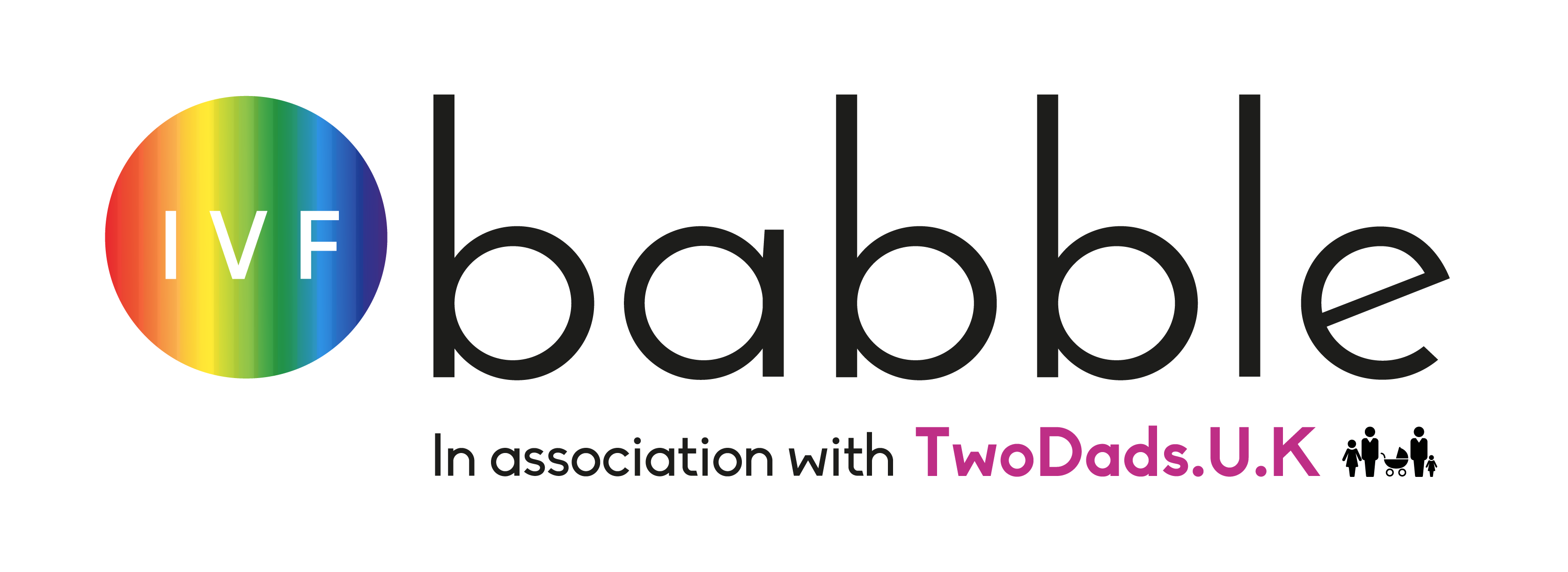There are so many options to you as a lesbian couple wishing to start a family. You may be considering IVF due to infertility issues, or, you want to make sure that you are both biologically connected to the baby.
There are different types of IVF and protocols that your doctor will discuss with you. Before you go forward, do your research. Talk to your doctor. Carry out all the necessary tests. Understand why and if you need IVF. Make sure you are emotionally, physically and mentally prepared.
Take a look through all of your options. IVF babble is here to guide you with comprehensive information on your journey and how to boost your chances for a successful outcome.
Here are the paths to parenthood to help you to explore your options. Click on the paths below to find more information.
Lesbian couples that do not have infertility issues may choose to have IVF using the eggs from one partner, inseminated with donor sperm.
The embryo is then transferred in to the other partner who then carries the pregnancy and gives birth. This type of IVF is called reciprocal IVF and allows both partners to be physically involved in the conception of their child.
If you do have fertility issues, there are many options available to you.
Women who cannot use their own eggs for conception but can still carry a child in their uterus may want to use a donor egg. It may be that she has too few eggs (ovarian reserve), poor quality eggs, ovaries that do not work well or there could be genetic reasons.
Donor embryos are also an option if both partners have a serious condition that would be inherited by any children.
Deciding on the type of donor sperm you want to use to start your family is a big decision. There are two options: donor sperm from an anonymous donor or sperm donation from someone you know or are related to.
It is important that when considering sperm donation from someone you know, you talk to a solicitor who specialises in reproductive law, to draft agreements and obtain advice on other protections throughout the process.
Couples can also achieve their dreams by using a gestational carrier/surrogate through the aid of IVF. For women that cannot carry a child in their uterus, but can conceive, gestational surrogacy offers couples the opportunity to have their own biological children, with an embryo transfer into a surrogate/gestational
carrier.
Here is a helpful guide for lesbian couples covering all paths to parenthood and pregnancy.
Read more here on LGBT and Co-Parenting








